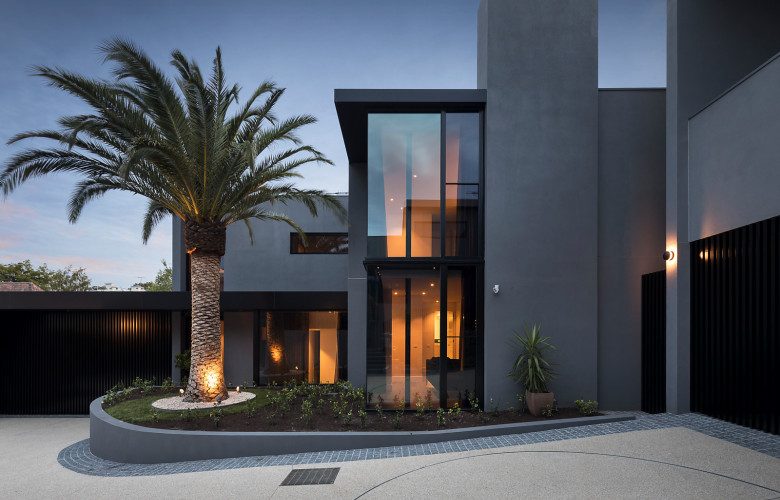What Adds the Most Value to a Property?
Introduction
When it comes to real estate, property owners and investors are constantly seeking ways to maximize the value of their assets. Whether you’re looking to sell, rent, or simply increase the overall worth of your property, there are several key factors that can significantly boost its value. In this article, we will explore the various aspects that add the most value to a property, from strategic renovations and location advantages to desirable amenities and market trends.
1. Location, Location, Location
The saying “location is everything” couldn’t be truer in the real estate world. The location of a property plays a pivotal role in determining its value. A property in a desirable neighborhood with excellent access to schools, public transportation, shopping centers, and recreational facilities is more likely to command a higher price than one in a less favorable location. Proximity to major cities, employment hubs, and attractive natural features, such as beaches or parks, can also add significant value to a property.
2. Curb Appeal
First impressions matter, and this is especially true for real estate. Curb appeal refers to the visual attractiveness of a property when viewed from the street. A well-maintained and visually appealing exterior can leave a positive impact on potential buyers or tenants, enhancing the perceived value of the property. Landscaping, exterior paint, clean pathways, and an inviting entryway are all elements that contribute to a property’s curb appeal.
3. Renovations and Upgrades
Strategic renovations and upgrades can significantly increase the value of a property. Kitchen and bathroom renovations are particularly popular, as these are high-traffic areas that can greatly influence a buyer’s decision. Investing in modern appliances, energy-efficient features, and high-quality materials can make a substantial difference in a property’s overall worth. Additionally, upgrading outdated systems, such as electrical, plumbing, and HVAC, not only boosts value but also ensures the property is up to code and in better condition.

4. Energy Efficiency
With growing environmental awareness and increasing utility costs, energy-efficient features are becoming highly sought after in the real estate market. Properties with green certifications, such as LEED or ENERGY STAR, can attract eco-conscious buyers and tenants who are willing to pay a premium for reduced utility expenses and a smaller carbon footprint. Installing solar panels, energy-efficient windows, insulation, and LED lighting are some of the ways to improve a property’s energy efficiency and consequently its value.
5. Amenities and Facilities
Properties that offer attractive amenities and facilities tend to command higher values. The presence of a swimming pool, fitness center, clubhouse, playground, or a well-maintained garden can significantly enhance the appeal of a property. Additionally, properties situated in gated communities with 24/7 security often carry greater value due to the added sense of safety and exclusivity they provide.
6. Rental Income Potential
For investors, the rental income potential of a property is a key consideration. Properties in areas with high rental demand and attractive rental yields are more likely to have higher values. Factors such as proximity to universities, business districts, and public transportation hubs can greatly influence the rental income potential of a property.
7. Market Trends and Demand
Keeping an eye on market trends and demand is crucial for understanding the value of a property. A neighborhood experiencing an upswing in popularity due to new infrastructure development or revitalization projects is likely to see an increase in property values. On the other hand, areas facing economic decline or a decrease in demand may experience a decline in property values.
8. Historical Significance
Properties with historical significance or architectural charm can have added value due to their uniqueness and cultural relevance. Historic homes or buildings that have been well-preserved or renovated while maintaining their original character often attract buyers or tenants with an appreciation for heritage and history. Find a building company in sunshine coast here

9. Future Development Potential
Anticipating future development can also impact a property’s value. Being in an area that is slated for significant infrastructure projects, such as new transportation routes or commercial centers, can make a property more attractive to investors and buyers alike. However, it’s essential to be cautious and thoroughly research any proposed developments to ensure they won’t negatively impact the property’s value.
Conclusion
Adding value to a property requires a strategic approach, considering both immediate improvements and long-term market trends. A combination of factors, including location advantages, curb appeal, energy efficiency, and desirable amenities, can significantly boost a property’s value. Whether you’re a homeowner looking to sell, a landlord seeking higher rental income, or an investor aiming for long-term appreciation, focusing on these aspects will help you make informed decisions to maximize the value of your property. Remember, each property is unique, so it’s crucial to assess its individual strengths and opportunities to achieve the best possible results.

